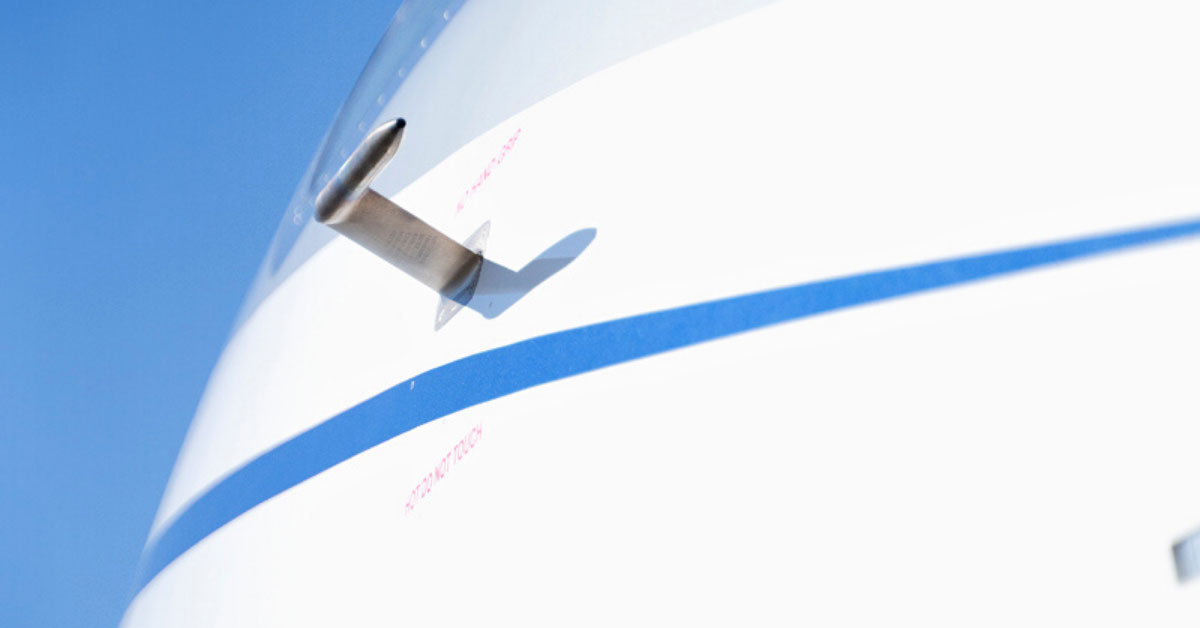
What is Aircraft Joint Ownership?
If each person owns an interest in an aircraft, that may be considered “joint ownership” of the aircraft by the FAA. A joint owner owns an interest in the aircraft, not an interest in an entity.
Do you Own an LLC that Owns an Aircraft?
Owning an interest in an LLC that owns an aircraft sounds the same as joint ownership, but it is not the same to the FAA. There may be different FAA regulations and interpretations and different tax issues.
Avoid a Flight Department Company
If you own an LLC that owns an aircraft, be sure to avoid the Flight Department Company Trap.
A December 2017 FAA interpretation repeats the FAA’s long-held prohibition on flight department companies. Two individuals own the LLC and the LLC owns the aircraft. The LLC operates the aircraft for the LLC members’ personal & business transportation, but the LLC does not lease the aircraft to the LLC members. This LLC is considered a flight department company and its operations are considered a Flight Department Company Trap. The LLC’s primary purpose is to operate the aircraft to provide transportation. The LLC should not operate the aircraft and charge for flights, either as direct charges or as capital contributions.
One Option to Fix the Problem of a Flight Department Company
If a Flight Department Company LLC (aka sole purpose entity) owns the aircraft, that LLC can lease the aircraft to the users. The FAA allows the sole purpose entity to own the aircraft, but not operate the aircraft.
A lessee of an aircraft must comply with the Federal Aviation Regulations (FARs), federal tax laws, state tax laws, and insurance policy requirements. Each lessee must understand that it has operational control and have an understanding of what that means. What entity provides pilots and who pays the pilots is also important for FAA regulatory compliance.
The addition of a dry lease to fix an FAA regulatory compliance problem may require a review of tax and insurance issues. Will new leases result in any changes to state or federal taxes? Confirm that the insurance policy recognizes and covers flights under the leases and names the lessee as an insured operating the aircraft.
Aircraft ownership and operational regulations can be complex and are subject to interpretations issued by the FAA. Many factors will affect the decision as to how you own and operate an aircraft. An attorney experienced in business aviation can help reduce costs and create a positive aircraft ownership experience.
Please contact Jetstream Aviation Law for help with your business aviation legal issues.
Michelle M. Wade is an attorney with the law firm of Jetstream Aviation Law and counsels clients on the acquisition, financing and operation of corporate jets operated under Part 91 and Part 135 of the Federal Aviation Regulations. Jetstream Aviation Law can be found at www.JetstreamLaw.com.
The information provided here is not legal advice and does not purport to be a substitute for advice of counsel on any specific matter. For legal advice, you should consult with an attorney concerning your specific situation.
